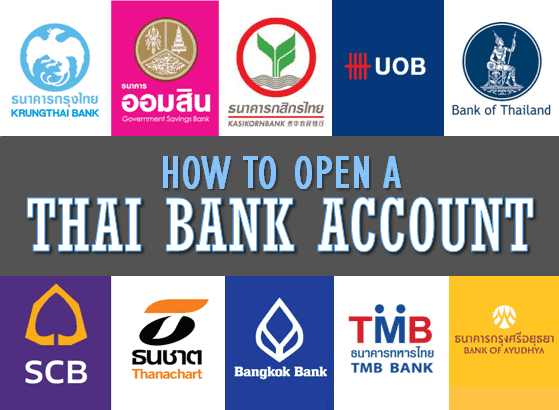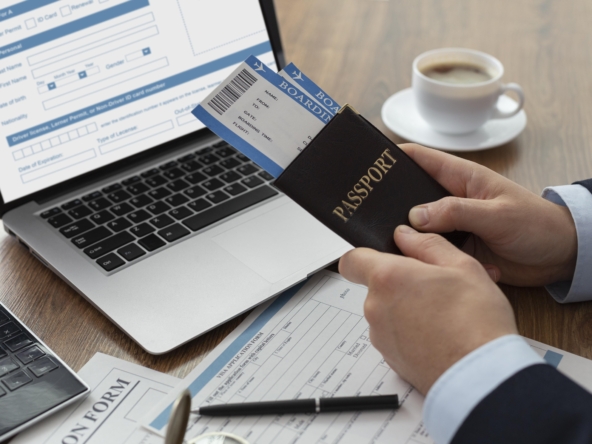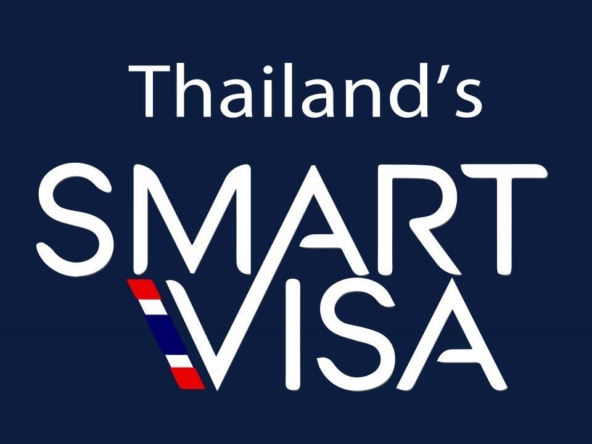Here’s What You Need to Know
Thailand continues to attract a growing number of international buyers — from retirees and digital nomads to property investors seeking affordable real estate and a tropical lifestyle. But one of the most common questions among foreign buyers is: Can foreigners get a mortgage in Thailand?
The answer is yes — but with conditions. While Thai banks have traditionally been conservative in lending to non-residents, things have changed in recent years. There are now viable mortgage options for foreigners interested in buying property in Thailand. In this article, we’ll break down what’s available, who qualifies, and how to apply.
Can Foreigners Legally Buy Property in Thailand?
Before diving into financing, it’s important to clarify property ownership laws:
Foreigners can own condominiums outright, as long as foreign ownership in the building does not exceed 49%.
Foreigners cannot own land directly, but long-term leaseholds (up to 30 years with renewals) or company ownership structures are commonly used for villas and land-based properties.
Mortgage Options for Foreign Buyers in Thailand
Although limited compared to local buyers, foreigners do have a few financing routes:
1. Thai Banks Offering Foreign Mortgages
A small number of Thai banks provide mortgage loans to non-residents, particularly those with ties to Thailand or stable international income. These typically include:
Bangkok Bank (Singapore branch)
UOB (United Overseas Bank)
ICBC (Thai branch)
HSBC (selected branches)
These banks may offer loan packages for condominium purchases in major cities like Bangkok, Pattaya, and Phuket.
2. International Loans
Foreign buyers can also explore offshore loans or international mortgage providers that cater to property investments abroad. These are often more flexible in terms of eligibility but may come with higher interest rates.
Typical Loan Conditions for Foreigners
If you qualify, here’s what to expect:
Loan-to-Value Ratio (LTV): Up to 50–70% of the property’s appraised value
Loan Term: 10 to 20 years
Interest Rates: Fixed or variable, typically higher than local rates
Currency: Often issued in foreign currency (USD, EUR, SGD), though some may be in THB
Minimum Property Value: Usually a set threshold (e.g., over 3 million THB)
Basic Mortgage Requirements for Foreigners
While requirements vary by lender, most will ask for:
A valid passport and visa
Proof of income (employment or self-employment)
Recent bank statements
Credit history or credit report from your home country
A purchase agreement or reservation contract
Proof of overseas address and contact information
Having a stable income and a strong financial profile greatly improves your chances of approval.
Tips for Securing a Mortgage in Thailand as a Foreigner
Work with an experienced real estate agent familiar with foreign buyers and financing options.
Consult a property lawyer in Thailand to ensure all documentation and processes comply with legal requirements.
Be prepared for a down payment of 30% or more.
Open a Thai bank account — often required for loan processing and property payments.
Get pre-qualified to understand your borrowing capacity before house-hunting.
Final Thoughts: Is Financing in Thailand Right for You?
While mortgages for foreigners in Thailand are not as widely available as in some Western countries, they are possible — particularly for buyers with stable income and solid documentation. For many, securing financing locally allows for greater flexibility when purchasing a condo in popular destinations like Bangkok, Phuket, or Chiang Mai.
If you’re serious about buying property in Thailand, it’s worth exploring your mortgage options early in the process. With the right guidance and preparation, your dream of owning a home in Thailand could be closer than you think.
Check out Properties in Thailand




